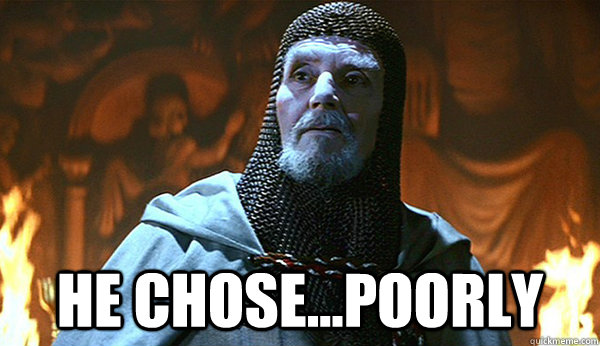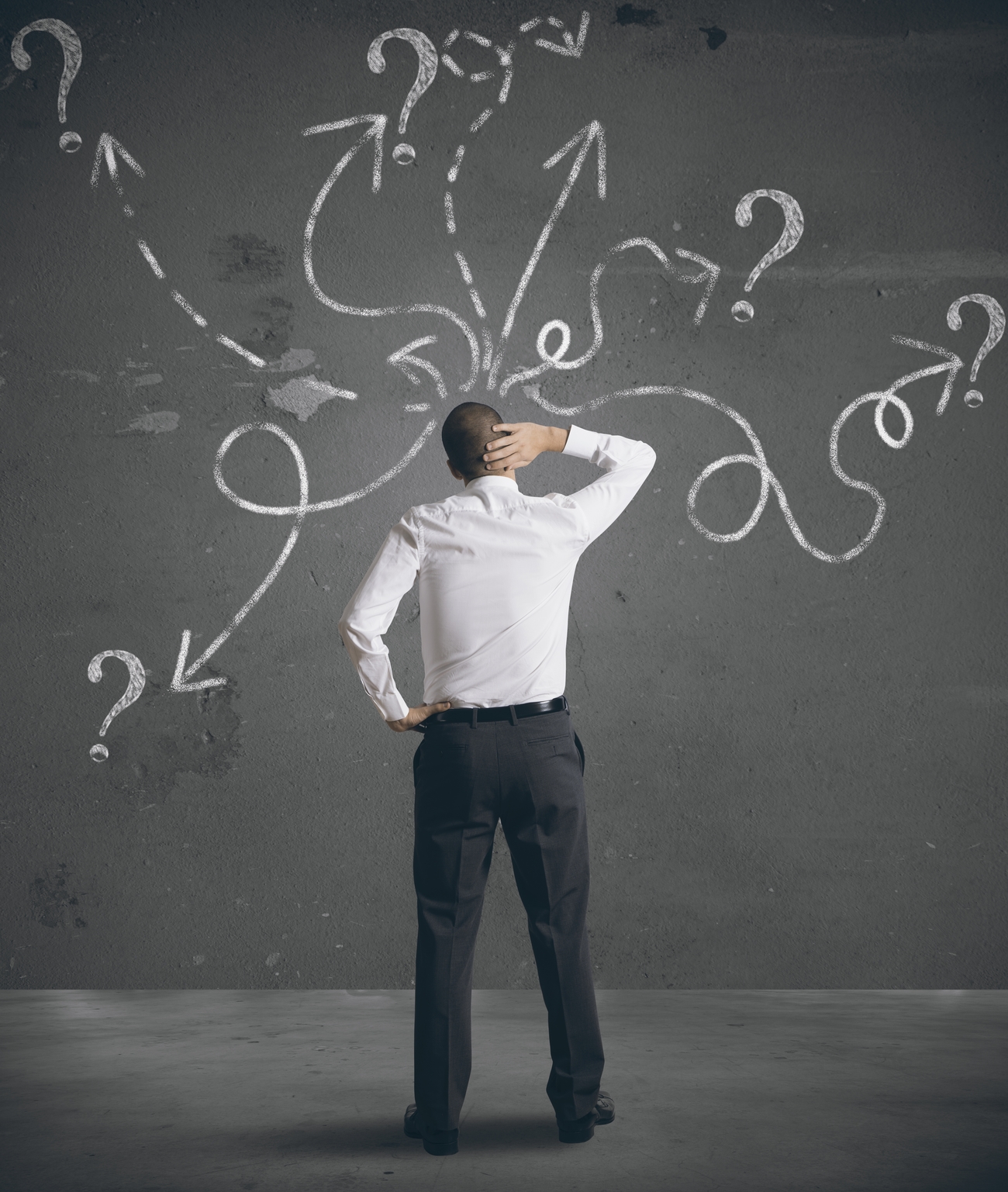Too much choice is killing you
The other day I had lunch at one of those pizza places where you go down the line and choose your toppings. There was a lot to choose from — different meats and cheeses and vegetables (corn on a pizza? No).
As I stood there looking at all the toppings, I started to freak out. I normally eat pizza with pepperoni on it. That's it. But suddenly there were all these other options. And if I didn't take advantage of them, well then, I was surely a sucker.
So I started adding stuff to my pepperoni pizza — grape tomatoes, spinach, herb butter, ricotta cheese. It became a completely different pizza.
Not surprisingly, I didn't love it. Sure, I got my money's worth, but it's not what I wanted.
[caption id=”attachment_4886” align=”aligncenter” width=”600”] Choosing the wrong pizza topping won’t result in a melted face — probably[/caption]
Choosing the wrong pizza topping won’t result in a melted face — probably[/caption]
Turns out, this is a common problem
Business Insider recently published a post titled “Why too many choices make you unhappy — and 3 things that will make you happier” about a phenomenon coined “the Paradox of Choice” by author Barry Schwartz. Essentially, it’s this: the more choice we have, the more paralyzing it becomes to choose.
Faced with a number of options, we start fearing we’ll choose the wrong one, missing out on potential benefits. So we’re struck either by complete indecision, or if we do choose, having to deal with the stress of second-guessing ourselves.
Think about how many choices you make in a day. It’s lunchtime, you need to choose where to eat. What to order. How you want it prepared. Which side? Which beverage? Dessert? Which one? Pay with cash, credit or debit?
Some days, like when you’re already feeling stressed, seemingly simple decisions can become overwhelming and exhausting.
When indecision makes you actually miss out
Not getting the pizza I wanted was annoying, but it certainly wasn’t tragic. (I had a plain pepperoni pizza last night to make up for it, so don’t you worry about me.)
But what about when an inability to choose actually does hurt you?
Business Insider has a great example of how indecision can have an affect on your well-being, in this case, your retirement:
"What happens when your employer gives you more choices for your 401K? I'll tell you what: for every 10 options given the likelihood that you pick any of them goes down by 2%. And if your employer matches your contribution, not picking can mean giving up as much as $5000."
Don’t I know this. Last year, I met with an adviser who explained to me my 401K options. I listened carefully then went home and put all the information he had given me into a drawer. “Ugh. I’ll think about that later,” I said.
That was eight months ago. I still don’t have a 401K.
Good enough is good enough
All this freedom of choice is a nice problem to have, and a great privilege, and of course complaining about it makes me sound like a total a-hole. First world problems and all that. I get it.
But there’s a real downside to this paradox of choice thing: it can actually result in depression.
Blaming yourself for what you think are sub-optimal results is, according to Schwartz, one of the hallmarks of clinical depression.
So how do we prevent this? The number of choices presented to us on a daily basis are not going to decline in number. Therefore, we have to find a way to make choices without stressing ourselves out.
Business Insider offers several ways to deal with the stress of choosing, but I think the best advice is simple. From Barry Schwartz:
"Remember that good enough is almost always good enough. If people go through life looking for good enough results, the choice problem will take care of itself."
Which is why I am going to email a colleague I trust, find out which 401K option he chose, then go with that one. Boom. Done.





